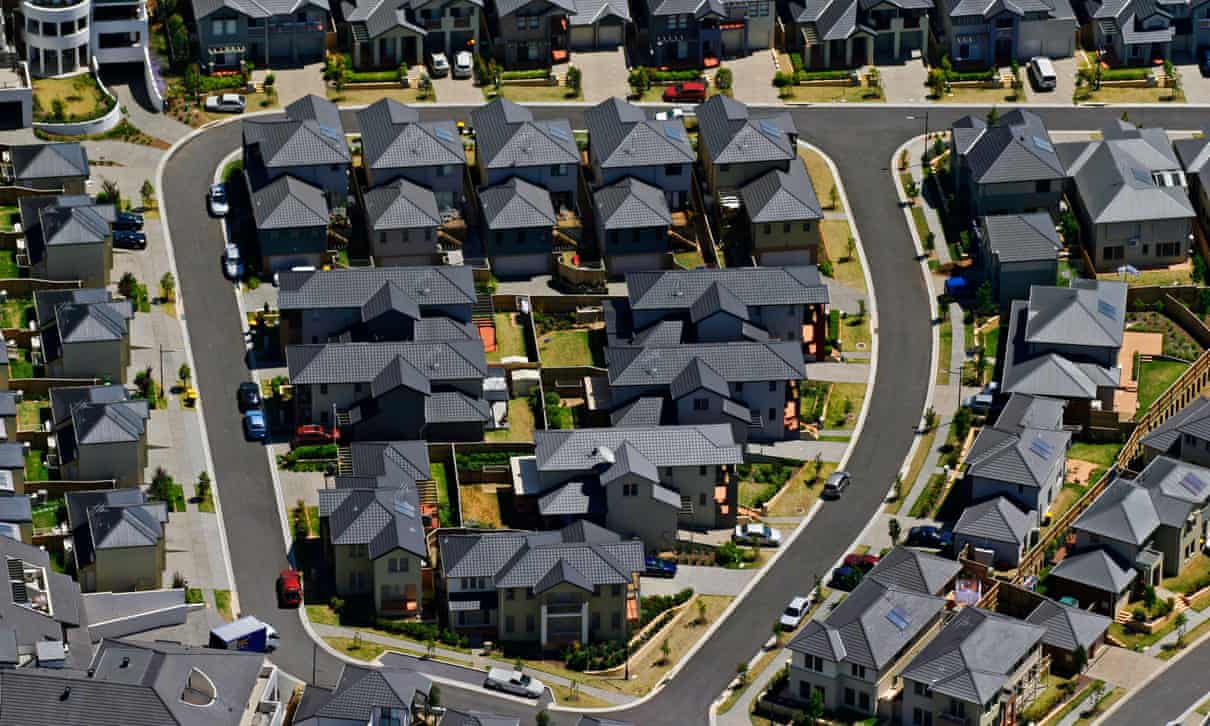Australia’s housing crisis: it’s one of the most unaffordable in the world, so how is the Coalition going to fix it?
The Morrison government’s incentives to help people become homeowners may come to nothing without an increase in housing supply
With many Australians locked out of the housing market or staring down the barrel of a 40-year, million-dollar-plus mortgage, the federal government has proposed a raft of policies aimed at addressing housing affordability in Tuesday’s federal budget.
But whether they will help bring ownership within reach of more people is unclear, especially since housing supply and zoning powers lie with the state governments.
Let’s take a look at the measures the government is proposing, and how they are likely to work.
What is the cause of the crisis?
Interest rates have been low for more than a decade and are now at record lows, meaning businesses and individuals can borrow from the banks very cheaply.
Unfortunately, we haven’t been building enough houses to keep pace with the demand, so borrowing to buy property has forced up prices in major cities, to the extent that the average property price in Sydney has now hit $1.3m.
The Reserve Bank says expanding businesses to maintain employment is more important than house prices at the moment, so we’re set with low interest rates for a bit longer yet.
So what is the government proposing?
A superannuation incentive for retirees to sell their houses
Not enough retired Australians downsize their houses once their children leave home.
Many are wary of selling their largest asset because they don’t have a superannuation balance that’s benefited from a lifetime of working and compulsory contributions.
So in 2017 the government introduced a “downsizer scheme” to encourage retirees to free up underused housing stock or properties with several unused bedrooms.
The scheme allowed people over 65 to sell their family home and make a one-off, $300,000 contribution to their superannuation balance. Couples could contribute $300,000 each.
“We want Australians to get the most out of their savings in retirement, whether that be through lower fees on their superannuation or more flexibility to make contributions,” treasurer Josh Frydenberg told the AFR.
This is attractive, because superannuation funds enjoy a tax rate of only 15%, meaning the retiree gets to keep a bigger slice of the sale money.
This week the government plans to reduce that cut-off age to 60.
“Topping up super makes sense for retirees and it will likely free up some housing stock,” says Richard Holden, professor of economics at the University of NSW.
“But it’s unlikely to have much of an effect on broader house prices. The demand is still there and it vastly outweighs the supply.”
What about single parents struggling to get a deposit?
Banks need to know people are capable of paying back loans, which is why they generally take a 20% deposit on mortgages.
But because house prices have increased so much in recent years, the average deposit needed to secoure.... continue reading

